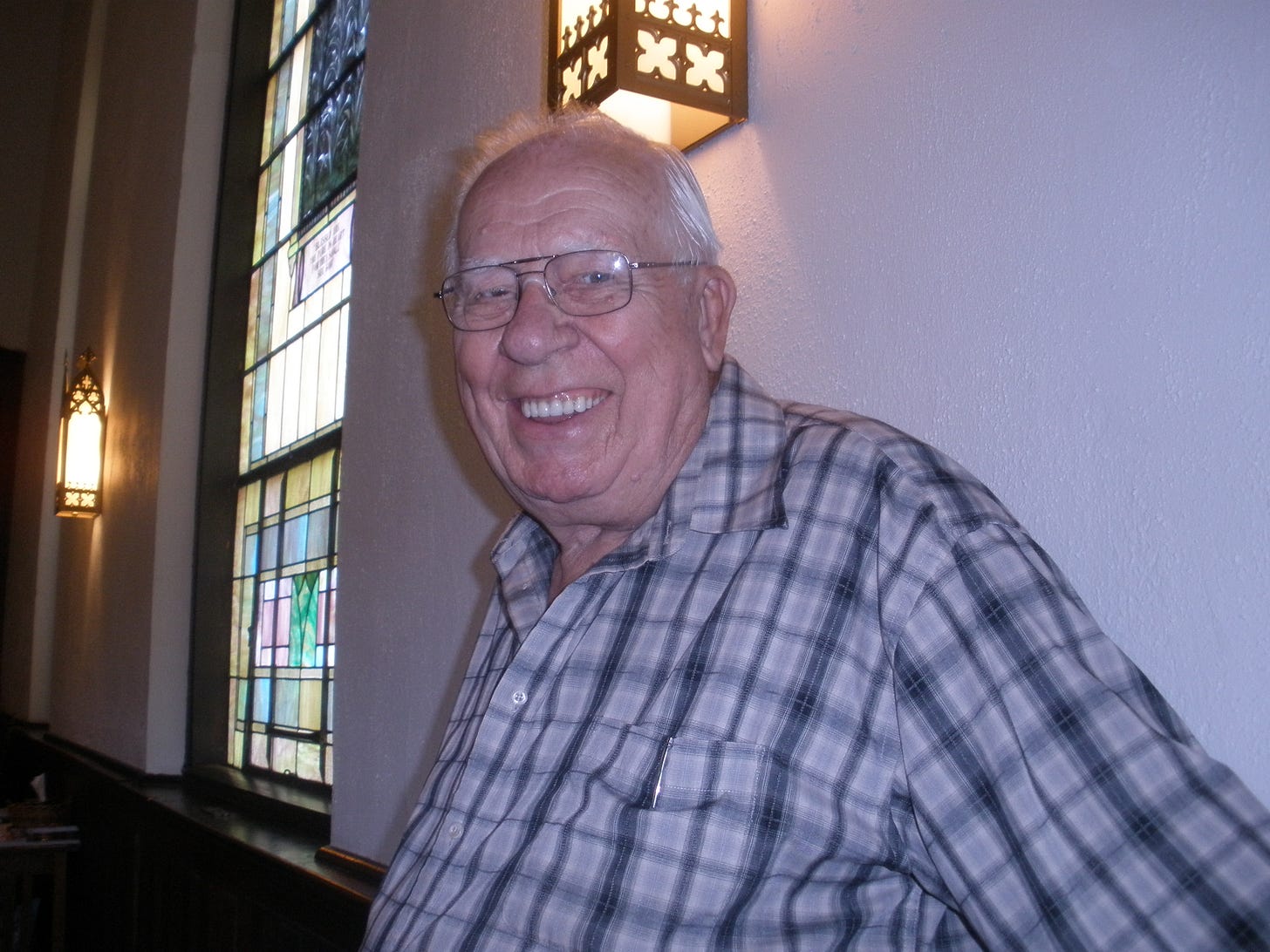The Supreme Court struck down Roe v. Wade. Social Media explodes. People and churches celebrate. People and churches weep. Preachers must decide what to do:
Preach how wonderful the decision is?
Preach how awful the decision is?
Preach the sermon already prepared without mention of the decision (mention in Prayers of the People if at all)?
Preach on the tightrope that includes everyone?
My local clergy Facebook group is filled with angst against the decision. Lots of people posted how bold preachers would challenge the status quo. Very few men posted. The third rail is present even in clergy groups.
Photo by Anete Lusina.
This week, I was guest preaching in an upper-middle-class community where I had never preached. It was a congregation I did not know. I preached the sermon already prepared with a careful Prayer of the People. Not sure I was brave. But it seemed respectful of a congregation I did not know.
I have been thinking a lot about the Sunday following President Barack Obama’s first election victory. The preacher gave a well-reasoned, engaging sermon of celebration. I was in two worship services so I got to hear the sermon twice.
At the first hearing, I was all in. I loved how the preacher tied the scripture to hope for a new future for our country and our world.
During the second hearing, I kept thinking of 64-year-old grizzled Bob, my first Clerk of Session, down in tiny Mt. Vernon, Indiana.
Bob S. 2009.
Bob wouldn’t have liked the sermon. If I had been preaching, he would have given me his disappointed face. In the greeting line, he would have told me “Good Job.” Early that week, he would stop by my office, ask me to come to look at some maintenance aspect of the building, then engage me on the message. He would do so with gruff kindness.
Every congregation I have served has Democrats, Republicans, Libertarians, Independents, and non-voters. Partisan preaching does not strike me as kind. Nor does it feel like it leads to peace or welcome.
After the election victory sermon, I greeted a church member as we walked toward the parking garage down the street. He was upset that he felt unwelcome in his own church. He was a State Congressman and an active Republican. He said he loves the pastor (who preached), but wow was he sorry he came to church that day.
Back in the Mt. Vernon congregation where Bob was my clerk and I was a first-call 25-year-old solo pastor of 69 good people in small-town America, I preached some terrible sermons, as well as a lot of “That, was nice” ones.
The Holy Spirit led me to preach a sermon on the occasion of the 50th Anniversary of America’s bomb of the naval base in the city of Hiroshima. We had parishioners who fought in World War II. The sermon I crafted was on critical thinking from President Truman’s Point of View on his decision-making to drop the bombs.
Afterward, I had three people think I was too much for bombing and two other people who thought I was too much against dropping the bombs. Mostly, people were appreciative of a sermon about how to think critically and theologically about impossible decisions.
On Wednesday, that week, Bob wanted me to look at the church’s kitchen sink plumbing. He told me about his work out of high school at the local Babcox & Wilcox plant where he helped build nuclear reactors for submarines. He became their quality engineer. No reactors left the plant without his approval. Building nuclear reactors gave him lots of time to think about Jesus and war. And how unclear it all can be.
“But,” Bob told me, “No preacher has ever talked about this hard, real stuff before. Don’t stop. It’s important.”
In 2015, Jesus welcomed, Bob into glory, but Bob is still teaching preachers.
This might be the advice Bob and I would give together to all the preachers, adult education teachers, and youth leaders:
Preach/Teach critical thinking.
Bring in Differing Experts to have real discussions in classrooms in your church community.
Find a way to let those with different opinions know they belong in the church together.
Be public about what you personally believe, but consider carefully if it should be sermon material.
March when you need to march (I’ve marched in Ann Arbor - Food Security, Detroit - Black Lives Matter, and to the Capital in Washington D.C. - Housing Now 1989).
Don’t Stop, It’s important.




